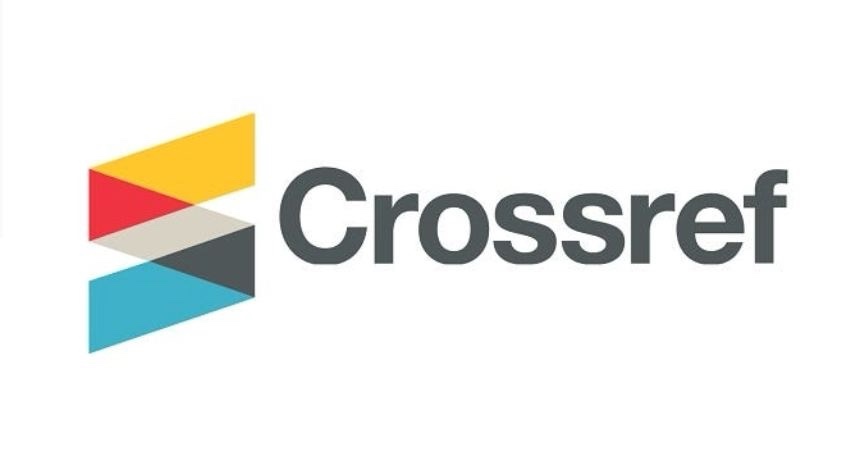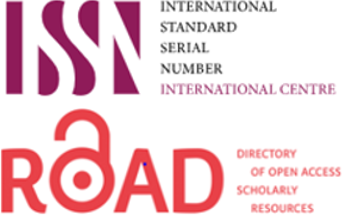Infants’ Obesity and Overweight in Relation to Type of Feeding
DOI:
https://doi.org/10.58897/injns.v26i1.161Keywords:
obesity, overweight, feeding, Body Mass Index (BMI)Abstract
Abstract Objective (s): To identify the prevalence of obesity and overweight in infants and children less than 2 years of age and its relationship with type of feeding in a sample of children attending Al- Kadhymia primary health care center. Methodology: This study was a descriptive survey carried out in, the primary health care centre of Al-Kadhymia town in Baghdad during the period from 5th of July 2009-1st of May 2010. Sample was chosen by non probability convenience sampling and it included 744 infant and children. Data were gathered by a combination of a structured questionnaire and measurements of length (or height), and weight. Data analyzed by SPSS package and x2 test was used for significance. Results: The sample was consisted of (43.2%) infants below 6 months of age, (40%) in the group of 6 - 12 months and (20.8%) in the 13 - 24 months age group; mean age of mothers was 27 years. According to the weight for age index, 30.4% of infants and children were within the 50th percentile, 50.1% of the sample within the 5th percentile of length for age, as for weight/length and BMI the highest rate (73.5%) were within the 85-95% percentile. Infants and children who were within the 85-95% percentile were mostly those who had either bottle or mixed feeding. Recommendations: Studies and surveys can be conducted to obtain new growth standards for our children to be able to monitor their growth correctly and health education of mothers to encourage breast feeding and develop good eating habits in her child to prevent future obesity.















